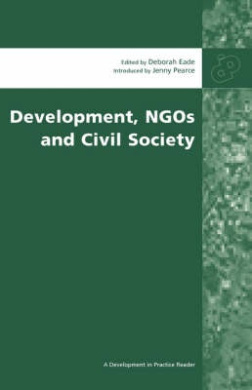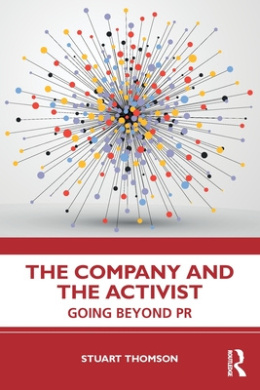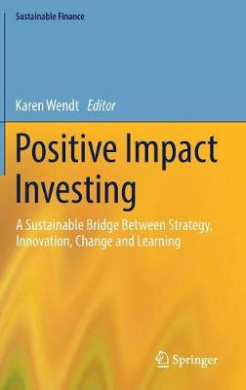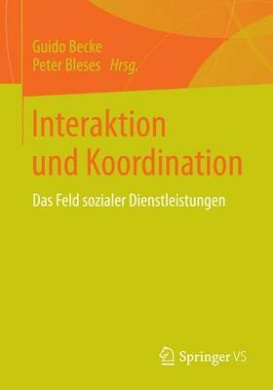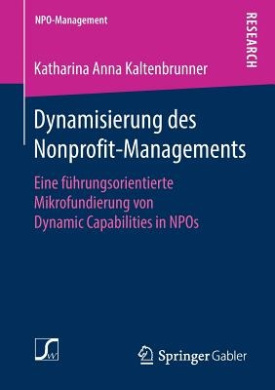Description
The rise of neo-liberalism and the so-called Washington consensus have generated a powerful international ideology concerning what constitutes good governance, democratisation, and the proper roles of the State and civil society in advancing development. As public spending has declined, the non-government sector has benefited very significantly from taking a service-delivery role. At the same time NGO’s, as representatives of civil society, are a convenient medium through which official agencies can promote political pluralism. But can NGO’s simultaneously facilitate governments’ withdrawal from providing basic services for all and also claim to represent the poor and disenfranchised? Are NGO’s legitimate political actors in their own right? Jenny Pearce introduces papers which describe some of the tensions inherent in the roles currently played by NGO’s, and asks whether these organisations truly stand for anything fundamentally different from the agencies on whose largesse they increasingly depend.
